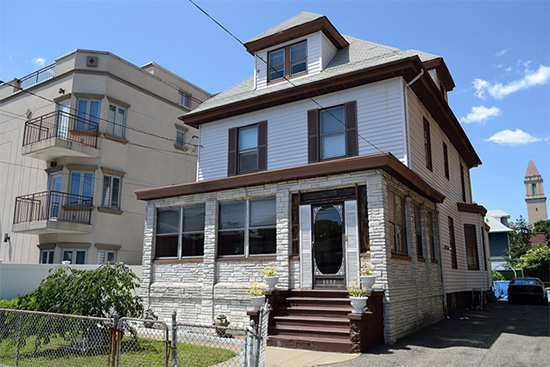Tips to Properly Determine the Price of Your Home

Pricing a home is one of the most difficult things a realtor does, requiring numerous variables to determine a competitive price. When a property is priced within market range, it generates more showings and offers, selling in a shorter period of time, but if it’s priced too high, even if it’s in a highly desirable city like San Francisco or Miami, it’s likely to stay on the market longer and have a difficult time selling. Priced too low, and the seller loses money, which makes it a rather tricky game.
As NerdWallet notes, in a hot seller’s market, a home that’s fairly-priced could receive multiple offers as potential buyers recognize it’s a good deal and it may even spark a bidding war that results in an offer above the asking price. But when a home is overpriced it could scare off buyers who may assume the seller is unreasonable. Even if you’re willing to sell your home for less, buyers may not even bother to make an offer if it was overpriced from the start.
So, how can you determine the “right” price for your home?
Look at Comparable Listings
Comparable homes are homes that are similar in size, location and condition. You’ll want to look at all homes that have been listed in your neighborhood over the last three months, within no more than a quarter- to a half-mile radius, unless you’re in a very rural area. Don’t compare homes that aren’t similar in age. Think about how each comparable home is different when you remove size, location, and condition from the equation. Is it on a better or worse street, does it have a better or worse view?
Analyze Sold Homes
Next, you’ll want to compare the original list prices to the final sales prices to look at any price reductions. Compare the final list prices to homes that were actually sold. In a seller’s market, homes typically sell for at least the list price, but in a buyer’s market that often sell for less.
Think Like a Buyer
Be honest with yourself when considering all the differences and how they might impact the price tag of your home by trying to think like a buyer. What are the things you value about your home, or others? While there are always going to be at least some objections to any home as nothing is perfect, those objections often disappear when it’s priced right.
It’s Okay to Leave Some Room for Negotiation
Your price should give a little wiggle room for both parties to negotiate, but you don’t want to overreach. If it’s priced too high, as mentioned, you’ll risk being perceived as unreasonable, and buyers are likely to pass over your home for another.
